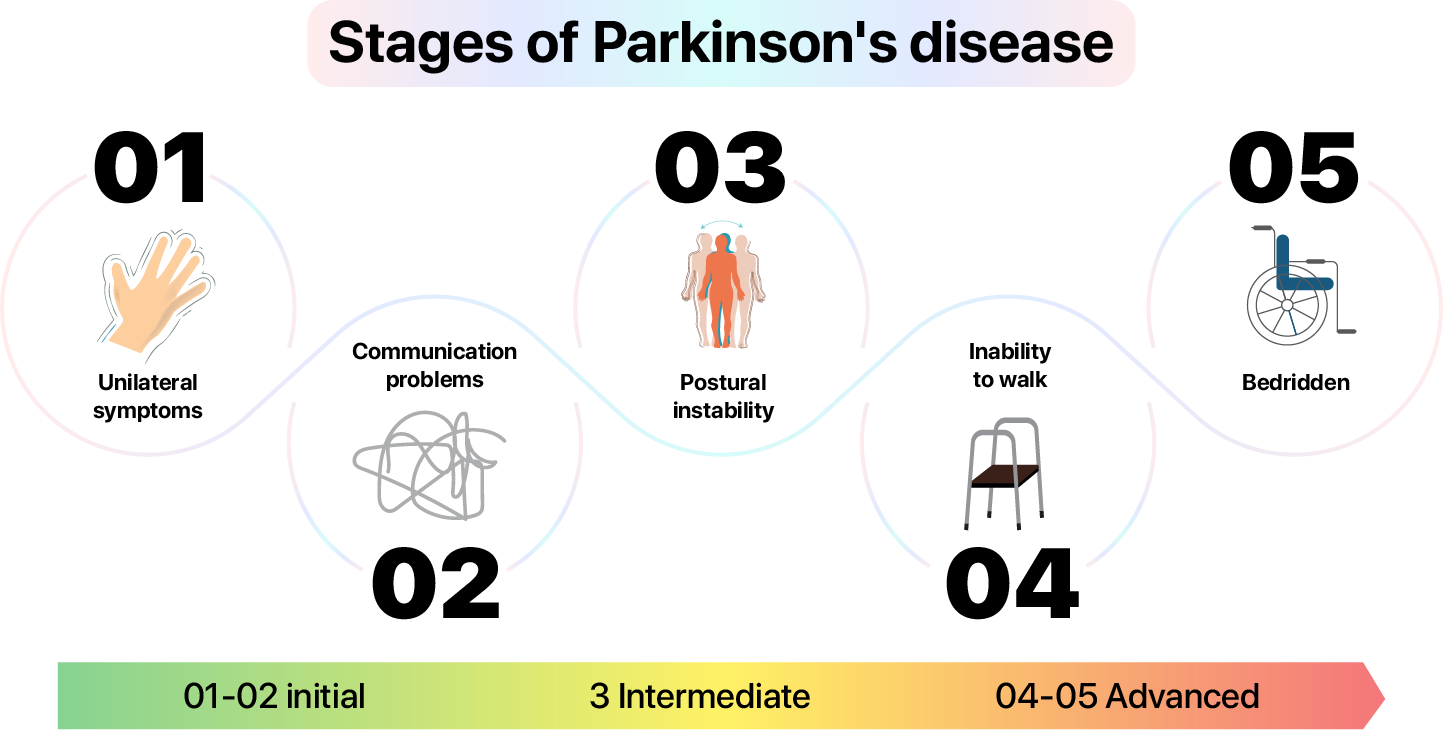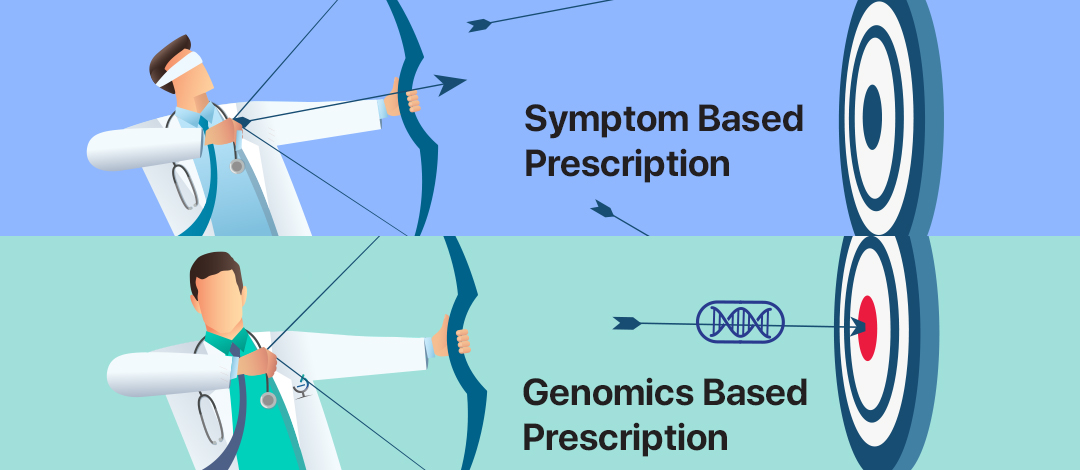“It isn’t the mountains ahead to climb that wear you out; it’s the pebble in your shoe – Muhammad Ali.
We all know who Muhammad Ali is, the greatest boxer in history. The pebble in Ali’s life was Parkinson’s disease (PD). Long before the disease was diagnosed, doctors predicted that the great man’s fists are condition bound and will deteriorate him till his last breath.
This very article is inspired by Ali and talks more about Parkinson’s disease: the hidden challenges and everything related to it.
What’s Parkinson’s disease?
Our brain is a complex structure with a distinct division of labor among different parts of the brain. These parts of the brain work together to perform a given function.
The Basal ganglia, a group of nuclei that helps in movement, behavior, and emotions. When these nerve cells are damaged the brain is unable to make enough Dopamine, a vital neurotransmitter—the chemical aids in 4 M’s – movement, memory, motivation, and mood. The condition leads to Parkinson’s disease.
Symptoms
PD is primarily a movement disorder and the main symptoms are tremors – the rhythmic shaking of the body—aforementioned lack of Dopamine results in deprived nerve connections that directly affects body movements. The symptoms play a huge part in diagnosing Parkinson’s.
Other symptoms include;
- Involuntary tremors that occur for brief periods of time
- A shaking voice
- Nodding head
- Tremors that worsen during periods of emotional stress
- Tremors that get worse with purposeful movement
- Tremor lessens with rest
- Difficulty with balance in later stages
Can genetic testing help in diagnosing Parkinson’s?
lthough there are prevalent physical symptoms for diagnosing PD. Brain imaging could help in confirming the condition, understanding the extent of nerve cell damage, and also the progression of the disease. As of now, no other tests are available that confirm PD.
Another famous approach to understanding more about PD is through genetic testing. 10-15% of total Parkinson’s cases are hereditary. A family history of the disease may increase the risk because mutated genes can be passed on from parents to their children. It is advisable to undergo genetic testing if your forefathers are diagnosed with PD.
Here at Yoda, we offer genetic testing
and genome sequencing that could identify mutations in genes related to Parkinson’s, such as SNCA, GBA, and LRRK2.
Yoda offers personalized genomic solutions not only for diagnosing but also for tailoring the therapy by analyzing your genes thus guiding towards effective therapy with minimal side effects.
What causes Parkinson’s Disease?
These are long-asked questions with no relevant answer. Many studies reveal that toxin accumulation, hereditary and oxidative stress might be the reason behind Parkinson’s but that is not entirely proven as the disease is complex and multifactorial.
Who is more likely to get affected by the disease?
PD is more prevalent in those who are above 65 years but is not entirely an old man’s disease. The disease is diagnosed in young adults as well. Muhammad Ali is a perfect example – long before he was diagnosed with PD, predictions were aired that the fastest fighter began to slow down. Eventually, the symptoms got even worse and he started to lose fights. But the most important question was – What’s the reason behind his development of PD?
There were opinions that boxing head injuries might have resulted in the degeneration of neurons.

What to ask when you visit Yoda?
The odyssey related to any disease could be challenging both for patients and for family members. Yoda comprises a great team of doctors and researchers who help patients to relax and undergo the proper journey from diagnosis to treatment. Although the disease could not be treated there are ways to slow the advancements.
The following question can provide better clarity;
- What could be the implication of PD on regular life?
- What lifestyle modifications should be adopted to slow the progression of the disease?
- Are there any support groups for PD patients and their families?
- How could the stress be managed?
Yoda suggests
Parkinson’s disease wasn’t popular until Muhhamad Ali was diagnosed with the disease at the age of 42 years and lived with the same till his 74th year. He inspired people and dedicated his life to the betterment of PD patients. He acted as a symbol of hope for the Parkinson’s fraternity.
Living with Parkinson’s disease could be challenging for the patient and their family. Yoda takes care of its patients at a personal level and suggests the best possible treatments. Talk to us about genetic testing to determine if it is the right choice for you.
























